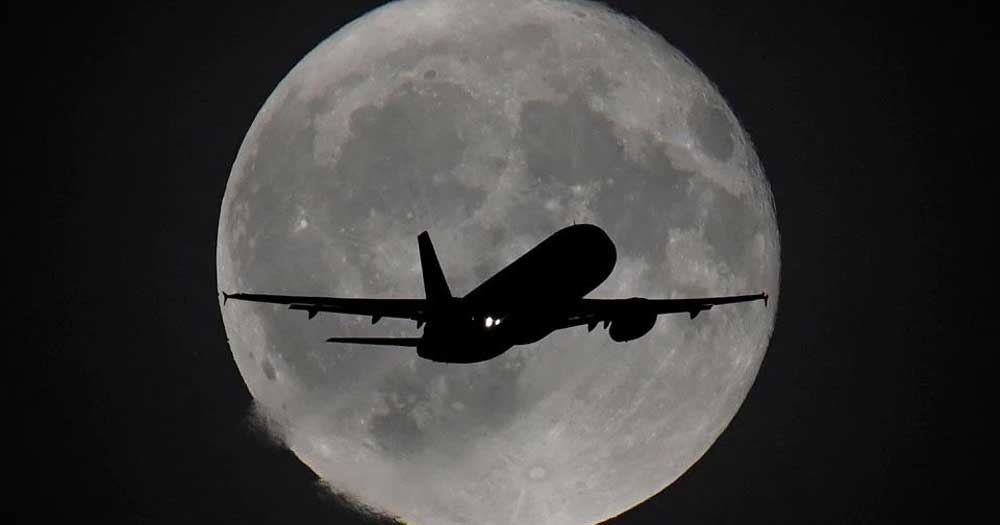‘PERFECT STORM’ FOR AIRLINES FACING STRONG U.S. DOLLAR AND HIGH OIL PRICES

Reuters - June 21, 2022
Global airlines are grappling with a double whammy from the rare combination of a strong U.S. dollar and high oil prices at a time when broad inflationary pressures and worker shortages are also placing pressure on the pandemic-hit industry's recovery.
The oil price and the U.S. dollar typically have an inverse relationship so that when one is high, the other is low, helping to even out the financial impact on airlines that operate in other currencies.
That correlation, however, has broken down in recent months with the war in Ukraine causing a spike in oil prices at a time when the United States is a net oil exporter and the U.S. dollar receiving a boost from interest rate rises designed to temper inflation.
Airlines gathering at the International Air Transport Association annual meeting in Doha this week expressed concern about the oil price and U.S. dollar rising in tandem.
"For airlines, it is not good at all. It is the perfect storm," Tony Webber, a former chief economist at Australia's Qantas Airways (QAN.AX).
The U.S. trade-weighted real exchange rate index, established in 2006, is at a record high and the benchmark Brent oil price is around $115 a barrel.
Non-U.S. airlines have dollar exposure in the form of oil prices, aircraft purchase and leasing charges, maintenance costs and sometimes debt, all of which become higher in their local currency when the dollar is stronger.
"It's painful, buying fuel, buying everything," Korean Air Lines Co Ltd (003490.KS) Chief Executive Walter Cho said of the strong U.S. dollar, trading at the highest level against the won in more than a decade.
"We have a lot of U.S. dollar debt and we have to pay interest on that. Interest is low but at this exchange rate it might as well be 10%," he said on the sidelines of an airline industry gathering in Doha.
For most non-U.S. airlines, the hit from rising costs far exceeds the benefit from ticket sales to U.S.-based customers converting to more local currency.
Indian low-cost carrier SpiceJet (SPJT.NS) last week warned it would need to push up fares by 10% to 15% due to an increase in fuel prices and rupee depreciation.





